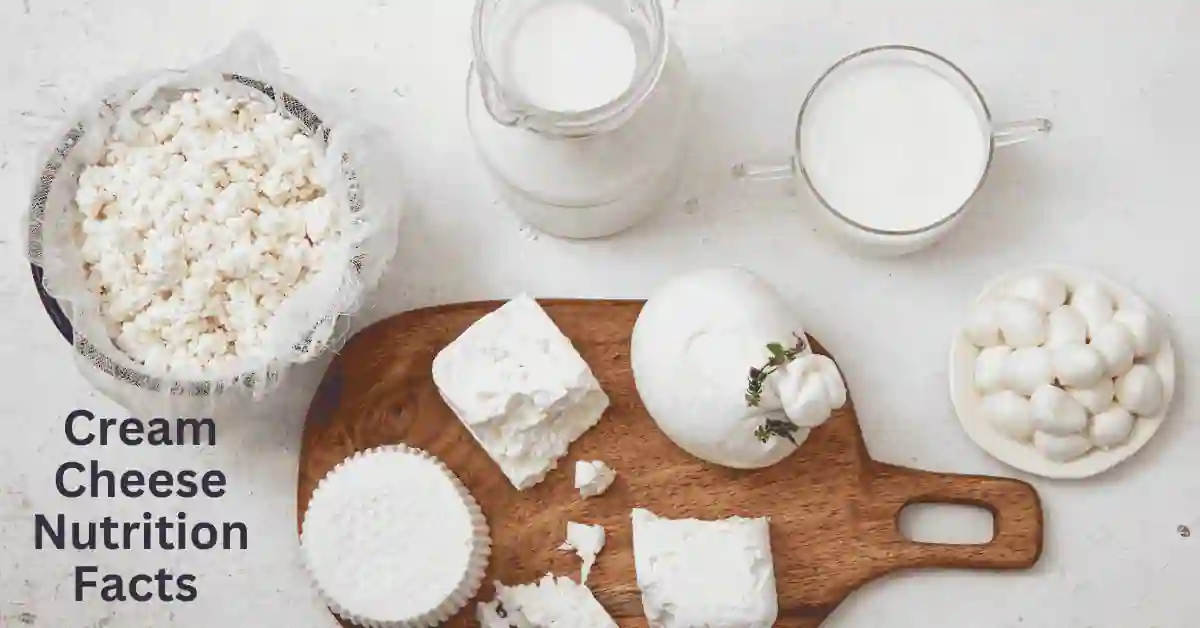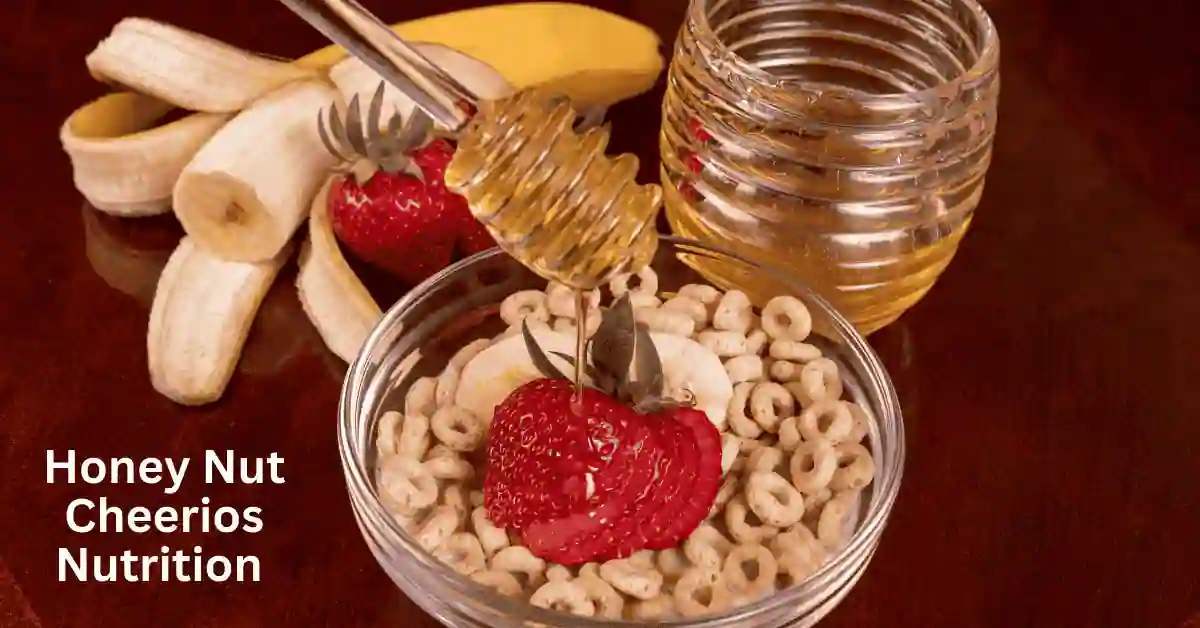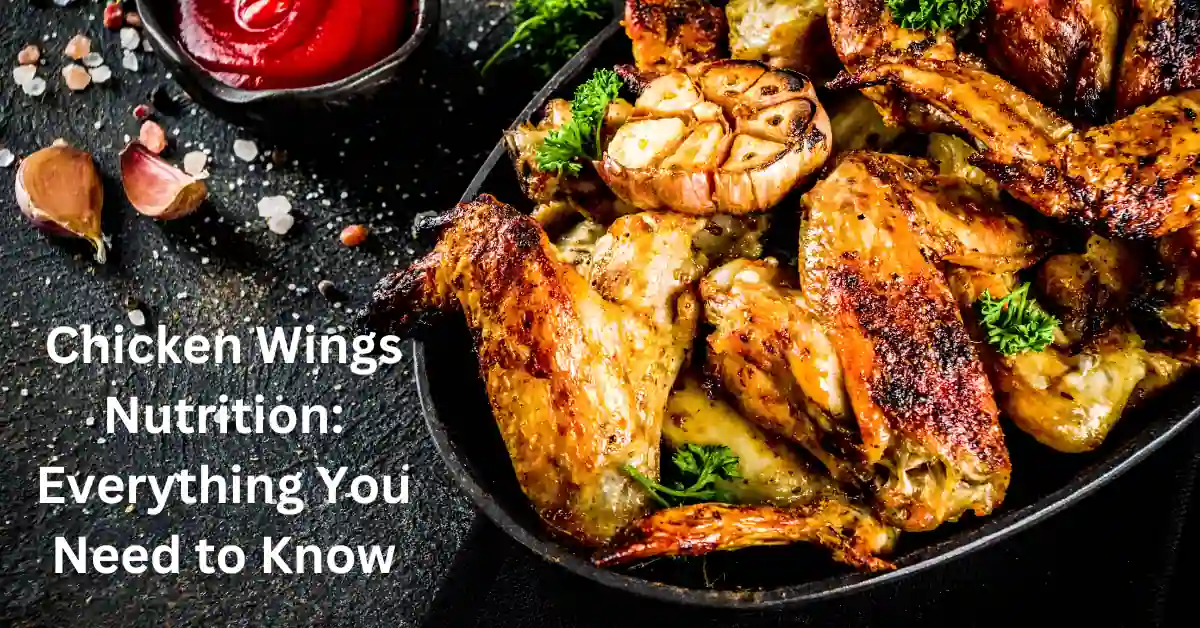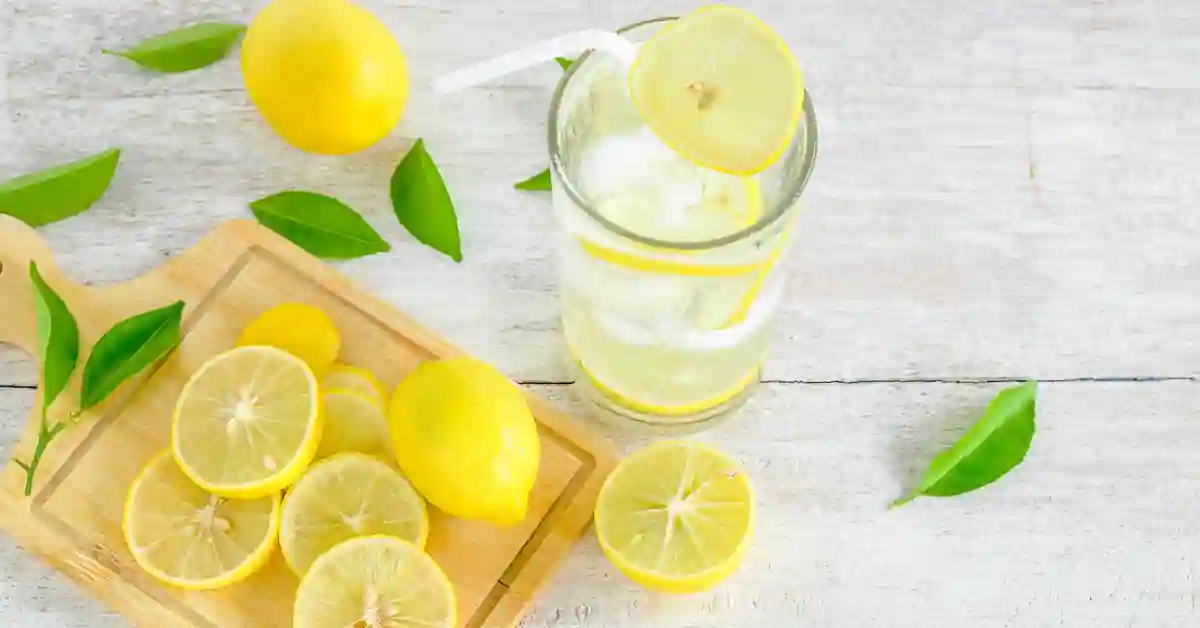Chewing should be a simple, enjoyable act—until it’s not. If you’ve ever wondered, “Why does my head hurt after I chew food?” you’re not alone. This surprisingly common issue can take the joy out of eating, turning meals into a painful experience. But fear not! We’re here to break down the causes behind those headaches and, most importantly, how you can prevent them from spoiling your next meal.
Table of Contents
ToggleWhy Chewing Food Can Trigger Headaches
The Connection Between Your Jaw and Headaches
Did you know your jaw and head are intricately connected? The temporomandibular joint (TMJ), located near your ear, acts like a hinge for your jaw. This joint plays a huge role in chewing, but it’s also linked to the muscles and nerves in your head. When something goes wrong with the TMJ—like overuse, inflammation, or stress—it can trigger headaches.
Chewing Hard Foods: A Common Culprit
Think about the last time you chewed something tough—maybe a thick steak or crunchy candy. It probably required extra effort from your jaw. This strain can cause tension in the surrounding muscles, which may lead to headaches. Repeatedly munching on hard or chewy foods puts significant pressure on your TMJ, often resulting in pain that radiates to your temples or behind your ears.
Common Causes of Head Pain After Chewing
For those wondering ‘Why does my head hurt after I chew food?’, TMJ disorders might be the answer you’re looking for.
TMJ Disorders
One of the top culprits for headaches after chewing is TMJ disorder. This condition occurs when the temporomandibular joint isn’t functioning properly. Symptoms include jaw pain, clicking or popping sounds, and yes—headaches.
The tension from an irritated TMJ can spread across your head, causing that all-too-familiar temple pain while eating.
Jaw Muscle Fatigue
Just like any other muscle in your body, your jaw muscles can get tired. Chewing, especially for long periods or on tough foods, overworks these muscles, leading to soreness and tension headaches. If you’ve ever experienced jaw stiffness after a marathon gum-chewing session, you’ve felt this firsthand.
Nerve Sensitivity in the Face and Head
Your face and head are full of sensitive nerves, like the trigeminal nerve. When these nerves are overstimulated—whether from excessive chewing or underlying conditions like neuralgia—they can send pain signals to your brain, resulting in headaches.
Sinus Pressure or Infections
If you’ve got sinus congestion or an infection, chewing can make things worse. Moving your jaw can increase pressure in your sinuses, causing pain that feels like a headache. If your head throbs every time you eat, sinus issues could be the hidden cause.
Quick Fixes to Ease Chewing Pain
Take Smaller Bites
Bigger isn’t always better—especially when it comes to food. Smaller bites mean less effort for your jaw, reducing the strain on your muscles and TMJ.
Massage Your Jaw and Temples
A gentle massage can work wonders. Using your fingers, apply light pressure to your jawline and temples in circular motions. This increases blood flow and relaxes tense muscles, easing the pain.
Apply Heat or Cold Packs
Heat relaxes tight muscles, while cold reduces inflammation. Experiment with both to see which works best for your jaw pain. Simply apply the pack for 10–15 minutes and let it work its magic.
Long-Term Solutions
If you’re constantly thinking, ‘Why does my head hurt after I chew food’, it’s worth consulting a specialist to uncover the root cause.
Visit a Dentist or Specialist
If headaches persist, it’s time to see a pro. Dentists and TMJ specialists can diagnose underlying issues and recommend treatments like mouthguards or physical therapy to ease the strain on your jaw.
Stress Management Techniques
Stress and jaw pain go hand in hand. If you’re a chronic teeth-grinder (hello, stress!), techniques like meditation, yoga, or even simple breathing exercises can help. Reducing overall tension in your body often reduces jaw-related headaches, too.
Opt for a Softer Diet (Temporarily)
Give your jaw a break! Stick to softer foods for a while—soups, mashed potatoes, smoothies—to let overworked muscles recover.
Habits to Keep Your Jaw Healthy
Chewing on Both Sides
Do you favor one side of your mouth while chewing? This can overwork certain muscles and joints. Make a conscious effort to chew evenly to distribute the strain.
Avoiding Hard or Sticky Foods
While it’s tempting to munch on crunchy snacks or sticky candies, overdoing it can strain your jaw. Save these treats for special occasions, and opt for easier-to-chew options daily.
Maintain Good Posture
Surprisingly, poor posture can impact your jaw. Slouching puts extra pressure on your TMJ, leading to headaches. Sit up straight, especially during meals, to keep everything aligned.
Conclusion
Headaches after chewing aren’t just an inconvenience—they’re a signal that something’s off. If you’ve ever asked yourself, “Why does my head hurt after I chew food?” remember that issues like TMJ disorders, muscle fatigue, or sinus pressure could be to blame. By making small changes—like taking smaller bites or opting for softer foods—and seeking professional help if needed, you can enjoy pain-free meals again. Bon appétit!
FAQs
Can chewing gum cause headaches?
Yes, excessive chewing can overwork your jaw muscles, leading to tension headaches.
How does TMJ disorder cause headaches?
TMJ dysfunction can inflame surrounding nerves and muscles, causing pain that often spreads to the head.
What can I do at home to relieve chewing-related headaches?
Try massaging your jaw, using heat or cold packs, and eating softer foods to reduce strain.
Are sinus infections linked to chewing headaches?
Definitely. Sinus pressure can worsen with jaw movement, triggering headaches during meals.
When should I see a doctor about jaw pain and headaches?
If the pain is frequent, severe, or accompanied by jaw clicking or locking, consult a dentist or TMJ specialist.






